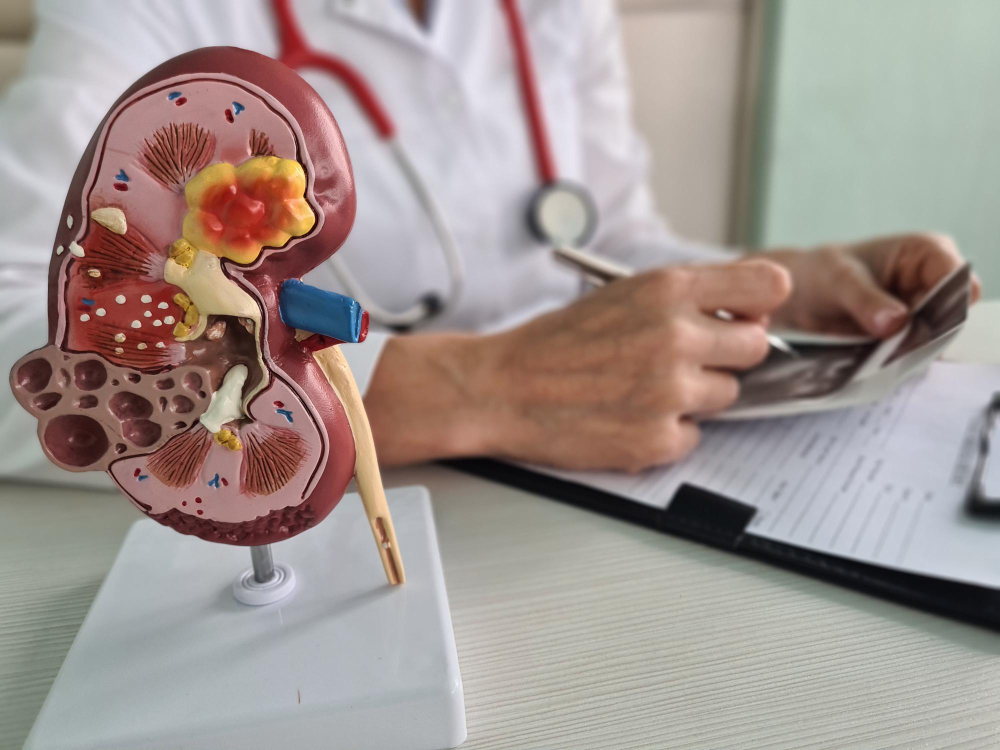Introduction to Acute Kidney Disease
Acute Kidney Disease is a sudden loss of kidney function. The kidneys help remove waste and extra water from the blood. When they stop working well, waste builds up quickly. This condition can happen in just a few hours or days. Acute Kidney Disease is also called Acute Kidney Injury (AKI). It can affect anyone, but older adults and people with other health problems are at higher risk. Early treatment is important because, in many cases, the kidneys can recover. According to the Centers for Disease Control and Prevention (CDC), Acute Kidney Disease is a serious health issue worldwide.
Causes of Acute Kidney Disease
There are many reasons why Acute Kidney Disease can develop. Sometimes, it happens because of a sudden drop in blood flow to the kidneys. Other times, it is due to direct damage or a blockage. Here are some common causes:
In addition, people with diabetes or high blood pressure are at higher risk. Therefore, managing these conditions can help lower the risk.
Common Symptoms
Acute Kidney Disease symptoms can appear quickly. However, some people may not notice any signs at first. Watch for these common symptoms:
If you notice these symptoms, seek medical help right away. Early care can make a big difference.
Diagnosis Methods
Doctors use several tests to diagnose Acute Kidney Disease. First, they will ask about your symptoms and medical history. Next, they may use these methods:
In some cases, doctors may order more tests to find the cause. Quick diagnosis helps start the right treatment sooner.
Treatment Options
Treating Acute Kidney Disease depends on the cause. However, the main goal is to restore kidney function. Common treatment options include:
Most people recover if treated early. But, some may need longer care. Therefore, follow your doctor’s advice closely during recovery.
Prevention Tips
You can lower your risk of Acute Kidney Disease by taking simple steps. Here are some tips on how to prevent acute kidney disease:
In addition, healthy habits can protect your kidneys for life.
When to See a Doctor
It is important to know when to seek medical help. See a doctor if you notice:
Early care can prevent serious problems. Therefore, do not wait if you have these symptoms.
In summary, Acute Kidney Disease is a serious but treatable condition. With quick action and the right care, many people recover fully. Consult a healthcare specialist for personalized advice on Acute Kidney Disease.

